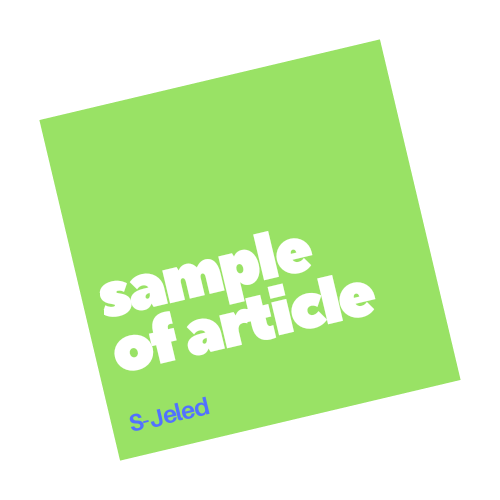An Optimization of English E-Learning at Senior High School of Purworejo
Abstract
Keywords
Full Text:
PDFReferences
A. Koohang and K. Harman, “Open source: A metaphor for E-learning,” Informing Science. 2005, doi: 10.28945/488.
V. Arkorful and N. Abaidoo, “The role of e-learning, advantages and disadvantages of its adoption in higher education,” International Journal of Instructional Technology and Distance Learning, 2015.
P. Gaur, “Research Trends in E-Learning Poonam Gaur,” Media Communique, 2015, doi: https://doi.org/10.5281/zenodo.1438182.
H. D. BROWN, PRINCIPLES of LANGUAGE LEARNING AND TEACHING, FOURTH. 2000.
W. Hartanto, “Penggunaan E-Learning Sebagai Media Pembelajaran Wiwin Hartanto adalah staf mengajar Prog. Studi Ekonomi FKIP UNEJ,” JURNAL PENDIDIKAN EKONOMI: Jurnal Ilmiah Ilmu Pendidikan, Ilmu Ekonomi Dan Ilmu Sosial, 2016.
U. A. Chaeruman, “Alur Belajar: Meningkatkan Interaktivitas Pembelajaran Daring,” 2017, doi: -.
Sugiyono, Metode Penelitian Kuantitatif Kualitatif dan R&D, 14th ed. ALVABETA, cv, 2011.
E. S. Masykuri, S. Widodo, and M. Perez, “Understanding Personal Intention by Elaborating Speech Function Using Social Media International Whatsapp Group,” EAI, vol. 5, Feb. 2020, doi: dx.doi.org/10.4108/eai.28-9-2019.2291092.
E. Sunjayanto Masykuri and A. Thien Wan, “PEMBELAJARAN DI MASA COVID-19 WORK FROM HOME: PEMBELAJARAN KETERAMPILAN BAHASA INGGRIS DENGAN PENGGUNAAN BEBERAPA APLIKASI BERBASIS ANDROID DAN WINDOWS,” Malang: Whineka Media, 2020, pp. 86–92.
N. Mhd Rodzi, J. Amantha Kumar, S. Osman, and E. S. Masykuri, “Exploring Lecturers’ Acceptanceof Learning Management Systems in Malaysian Higher Educational Institution,” EAI, no. 5, Feb. 2020, doi: dx.doi.org/10.4108/eai.28-9-2019.2291064.
E. Sunjayanto Masykuri, Y. Al Hakim, Ashari, and Supriyono, presented at the Proceedings of the 1st International Conference on Science and Technology for an Internet of Things, Yogyakarta Indonesia, Oct. 20, 2018.
E. Sunjayanto Masykuri, “Operating Android by Tapping Google Map Apps to Learn Direction In Vocational School,” Purworejo, 2013, vol. 1, p. 112.
R. Nurhadi and E. S. Masykuri, “Symbol Meaning and Dialectic Perspectives on Social Media,” presented at the Proceedings of the 1st Borobudur International Symposium on Humanities, Economics and Social Sciences (BIS-HESS 2019), Magelang, Indonesia, May 2020, doi: https://doi.org/10.2991/assehr.k.200529.234.
E. Sunjayanto Masykuri and et all, “Integrated Technology And Mutual Participation For Changing Communities Socially, Economically And Religiously,” presented at the ICSTI, Indonesia, Oct. 2018, [Online]. Available: https://eudl.eu/doi/10.4108/eai.19-10-2018.2281307.
Refbacks
- There are currently no refbacks.
Scripta
ISSN. 2302-6677
Publisher: Department of English Language Education, Universitas Muhammadiyah Purworejo, Jl. KH. Ahmad Dahlan 3 & 6 Purworejo 54111, Jawa Tengah, Indonesia, E-mail:pbiumpwr20@gmail.com, Telp: 0275-321494
Indexed Abstract:

Ciptaan disebarluaskan di bawah Lisensi Creative Commons Atribusi-BerbagiSerupa 4.0 Internasional.



